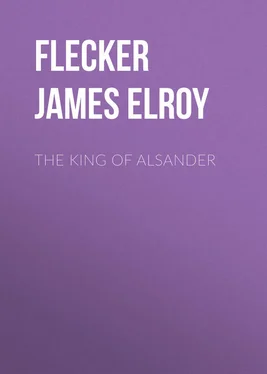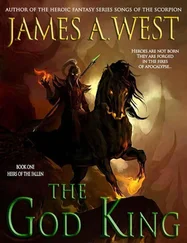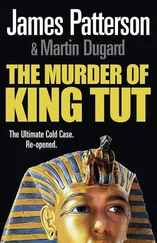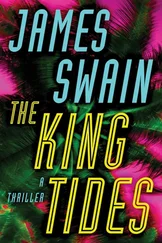"One day the King resolved to re-establish the worship called of Orpheus, to the great joy of his friends. He clothed himself as Bacchus, though per Bacco he looked more like Silenus (if the painters of his day did not make him more ugly than he was, which in those days was not the custom of Court painters). His escort was a troop of noble ladies clothed in forest branches and none too leafy: and one summer evening under the full moon off they went singing to the mountains. After they had danced their fill and sinned God knows what sins, the moon set and back they swooped on the city in a sort of make-believe battle line; and there at the gates was the army of Alsander mumming in Greek tunics waiting to receive their amorous attack. But at that very hour a different host was approaching Alsander – forgotten barbarians from Ulmreich – and the two hosts met. And that is all – and that has been all for the glory and power of Alsander," concluded the old man, bitterly.
"But Alsander is independent still."
"An independence handed her as a gift by Ulmreich and Gantha, her two great neighbours, is not much worth having. The day one of them is strong enough to seize us from the other, we shall go. Or if that international commission really sits, it is as good as death to our little nation. We shall never more be able to raise our heads – and chiefly through the fault of King Basilandron."
Конец ознакомительного фрагмента.
Текст предоставлен ООО «ЛитРес».
Прочитайте эту книгу целиком, купив полную легальную версию на ЛитРес.
Безопасно оплатить книгу можно банковской картой Visa, MasterCard, Maestro, со счета мобильного телефона, с платежного терминала, в салоне МТС или Связной, через PayPal, WebMoney, Яндекс.Деньги, QIWI Кошелек, бонусными картами или другим удобным Вам способом.
I should subjoin a word to prevent any enthusiastic reader from taking the words of the old poet too seriously and wasting thirty pounds in going to Damascus. It is a very filthy town with electric trams and no drains.
The fares mentioned by the poet are of course third-class.











